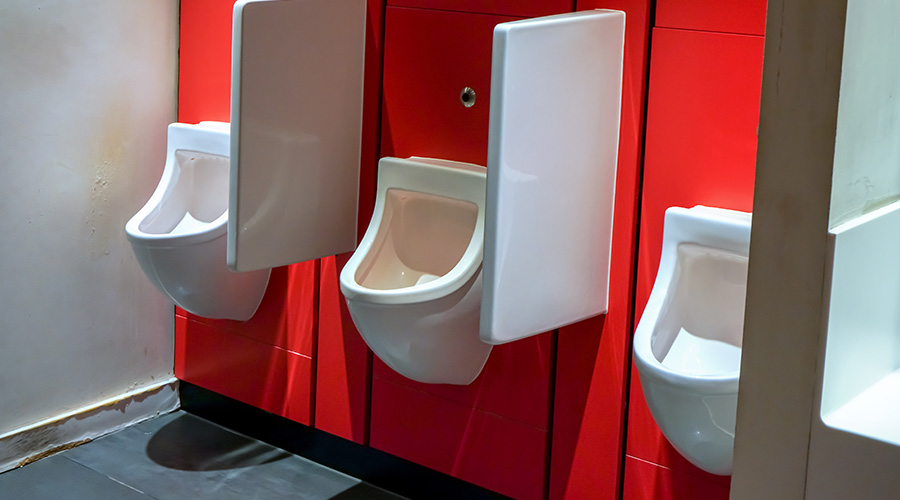Everything maintenance and engineering managers know about restroom access policies for transgender occupants in institutional and commercial facilities probably will change significantly in the coming years.
“What we tell everybody today may not be true two or three years from now,” says Joseph Paranac Jr., a labor and employment attorney and shareholder at LeClairRyan in Newark, N.J.
During his webcast, “Restrooms in Transition: Addressing Bathroom Access for Transgender Occupants,” Paranac discussed the way the laws involving transgender individuals are evolving. He emphasized that school districts are among the facilities dealing with the constantly changing conditions.
“An employer or school cannot avoid the requirement to provide equal access to a common restroom by restricting a transgender individual to a single-user restroom instead, although the school district can make a single-user restroom available to all individuals who might choose to use it,” Paranac says.
Restroom access for transgender individuals remains a hot-button topic around the country. More than 20 states are suing to block an initiative from the Obama administration for school districts to allow transgender students to use bathrooms that correspond to their gender identity or risk losing federal funding.
Currently, 19 states and the District of Columbia protect the status of transgender people, a number that is likely to rise, Paranac says.

















